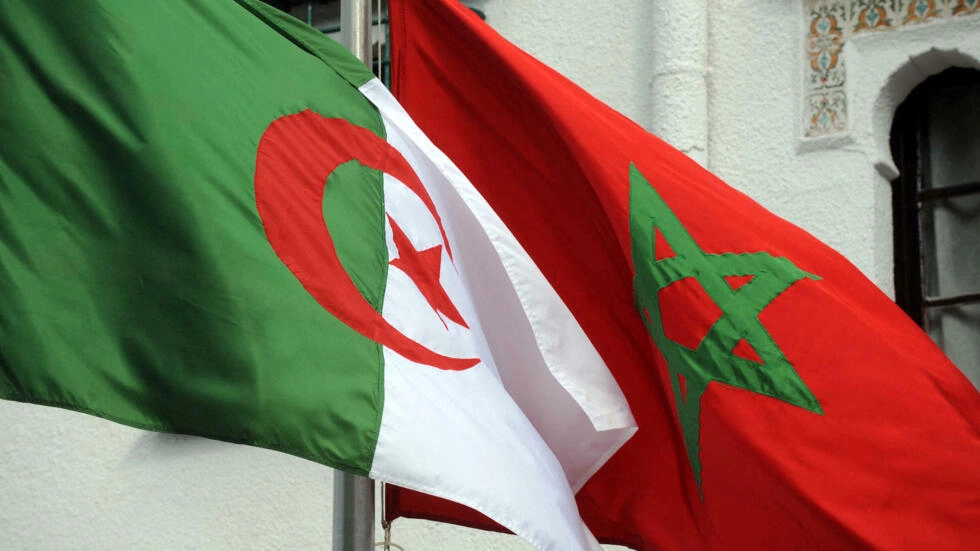The government needs $5 billion to cover the deficit of 2017 and $151 billion to finance the expected budget gap this year.
The Algerian central bank is flooding the country with “easy money” to finance budget deficits and avoid borrowing from the International Monetary Fund (IMF), which would demand economic reforms.
The Bank of Algeria pumped out $191 billion to plug budget gaps for 2017 and 2018, the country’s official gazette reported. The government said it resorted to printing money to skip tough choices linked to borrowing from the IMF and to avoid increasing taxes.
Loans from the IMF are usually pegged to reforms that often include cutting subsidies and shutting down money-losing enterprises. Such measures can inflate living costs and increase the country’s unemployment rate, which is 11% — about 2 million people.
Algeria experienced reforms under an IMF deal in 1994 that led to the closure of more than 1,000 state small and medium enterprises with approximately 300,000 workers made redundant.
The government said Algeria needed to avoid such drastic changes to retain social stability before presidential elections in April 2019.
The “easy money” policy by the Algerian central bank is similar to policies used by the US Federal Reserve and central banks in Japan and Europe when financial tools, such as low-interest rates, were inefficient to ignite growth during the global crisis of 2007-08.
The “easy money” policy, also called quantitative easing, would require the central bank to buy assets, including government debt with a long maturity term.
The Algerian Finance Ministry said in January that the government needed $5 billion to cover the deficit of 2017 and $151 billion to finance the expected budget gap this year. The ministry said $5 billion would be needed for the expected budget deficit of 2019.
Algeria had usually financed its deficits from earnings from oil and gas exports but the decline of oil prices in 2014 caused financial difficulties for Algeria that worsened this year.
“Without unconventional financing, Algeria will have to borrow $20 billion from the IMF annually for five years,” Algerian Prime Minister Ahmed Ouyahia said in January. “Easy money” is referred to in Algeria as “unconventional financing.”
“With such financing, we will avoid introducing taxes increases in the 2018 budget,” he added.
Algerian economists said, while unconventional financing would bolster economic growth, it risks fanning inflation. Economists critical of the government policy said the move showed the country lacked a strategy to develop the economy, including reform of the banking system.
They said an efficient banking system would have drawn the huge money that was hoarded outside the banks.
The Central Bank urged in a notice to the banks in February to show more flexibility to encourage Algerians to deposit money in them. The central bank said an estimated $40 billion were outside the banking system.
If that money were in the banks, the government would borrow it to finance deficits and development programmes, economists said.
Algerian economist Lahouari Addi, who teaches at the University of Lyon, said: “The Algerian state has no coherent economic strategy and doctrine.”
“Algeria had gained around $1 trillion between 2002 and 2014. Such a huge amount of money would have financed the development of economic enterprises to create a national offer of goods and services,” he said “My estimate is that [$500 billion] went to foreign firms that had built highways, tramways, dams and houses.
“I also estimate that $300 billion was squandered on imported consumer goods in the period of 12 years. The rest of the money was wasted because of corruption and other waste like over-pricing of import bills.”














